There is no end to the money mistakes people make, but these are 5 of the most damaging that I have seen over my last 13 years as a professional money coach and writer.
Read the transcript
We’re going to talk about these five things that a lot of people are doing wrong that are really destroying their financial potential.
I think sometimes it can be really easy to know that there is a problem and really difficult to pinpoint exactly what the problem is. So, if you are facing some problems or even if you’re not, even if you’re doing okay, if you can avoid these five mistakes, this is going to help you move forward faster financially. Help you reach your goals, help you avoid some of the financial chaos that maybe you’re dealing with, or you have dealt with.
We dealt with a lot of it. And these are the things that were a game changer.
1. you actually don’t know what you’re spending your money on.
You think you do, you probably think you do just like everyone else does, like we always did. Everyone thinks they know. “I spent. I’m sure I spent about $400 a month on groceries. And then when you actually find out it’s like it’s $700, $800, $900. Yeah. We had somebody, we were coaching who thought that they spent, I forgot what it was eating out $200 a month, eating out and then actually went and found out. And they said it was eight or $900. And they were like, I had no idea, you know?
And, and so everybody thinks they know what the answer is here, but we’re almost always wrong. And you would be a very rare exception if you knew this. So the thing is, is that it’s actually not our faults. Like we live in a world where finance has just become so much more complicated. You know, if we go back to our parents, our grandparents generation, it’s just cash and checks.
One bank account, money comes in, money goes out. And even if you had a credit card, it was like you were getting that paper statement every month, knowing exactly where your spending money was going. So many of us have financial situations where we don’t know what’s going on anymore. And so it’s really hard. It’s really confusing to see what’s going on.
And that’s why it’s so important to actually know exactly know where you are spending your money. Yeah, this is a key to success for sure.
2. Relying on your own willpower.
So here’s the thing I think most people don’t realize is that millionaires typically don’t rely on their willpower to make good financial decisions.
What they do instead is they make it automatic. I always think, well, I’m just not disciplined enough to make that happen, but really it’s pretty difficult to be that disciplined. Yeah. Millionaires are not sitting there every single month thinking, all right, I’m going to put this money into a savings account.I have to remember to do this each month. I have to remember to do this. I have to remember to put this money here. Like they’re not doing that. They’re making it.
So they basically make a decision and then they just automate that it happens every single time, the system to ensure that it happens and they don’t even have to think about it.
Yeah. And best-selling author David Bach who wrote this book here actually says that “if your financial plan isn’t automatic, it will fail.” Point is, if you want to succeed financially, you have to make it automatic. All right.
3. not making giving a priority.
I don’t understand. how, exactly. But somehow giving and generosity opens up the door for miracles. Yeah, it really does. It’s it leaves a space for God to do something. Instead of taking it all into your own hands.
This is not a “giving just to get” thing. This is not turning God into a genie or slot machine thing. It’s not that at all.
It’s just, there’s something about it. Jesus said “it’s more blessed to give than to receive”. And he was right. And there’s like a faith obedience component. That’s kind of tied up in it that God has led us through so many times in our lives where he calls us to give when it doesn’t make sense. And then that leads to something else that ends up being a blessing that was bigger than the thing we were going after.
And we’ve just been through this so much. Yeah. Honestly, the two of us could sit and talk to you about this for, I don’t know, the next three days. Okay. I’m also wrote a book entirely about that, but the point is, this is a huge one. If you want to move forward in your finances. Yeah. It really is such an important part.
If, if giving it’s a last thing that you’re doing every month with your money, like you need to reverse that it needs to be the first thing. This is the most important thing as you make that switch, like I believe and I’m really confident that you are going to see blessing and your financial life in a different way than what you see and have experienced so far.
One of my heroes that I’ve always loved has this fantastic quote. It’s a guy named RG LeTourneau. And he says, “I shovel it out and God shovels it back. But God’s shovel is bigger.”
I love hearing that quote. But when you take into the fact that he was giving away 90% of his income, and he was still continuing to say that God’s shovel is bigger.
That’s just the cool stuff that I think only happens when you really prioritize giving. And so I’m not telling you to start giving away 90% of your income, but continue to make it a priority in your life.
Continue to grow in your generosity and continue to put it first. I think, as you do that, you’re going to be, we seen a lot of surprising things happen in your financial world.
4. you aren’t measuring your progress
I think one of the most common ways to think about this is if you want to lose weight, you’re going to get a scale. Right. See if you’re going down to see if the exercises you’re doing are helping. If the dieting is helping and without any way to measure that you don’t know what’s working and what’s not working.
It’s possible that the diet you’re doing is actually making you gain weight. And so having that scale to be able to measure is really important. You know, if you’re baking a cake, you need to measure ingredients. If you want the cake to turn out the way that you want. And so when it comes to our finances, if we’re not measuring how we’re doing, how we’re moving forward financially, or for moving back, if we don’t know the things that we’re doing every day with our money or every month with our money, if that’s.moving us forward or back then, how do we know for succeeding or failing?
And I think similar to the first point, a lot of people just think that you can feel how you’re doing financially. Well, it feels like I have a lot of money or it feels like whatever, but yeah. The reality is, is that that’s not how it works, you know?
And so one of the things going on right now, we lead stimulus checks coming out. And I was just talking to a reader the other day who said, well, I don’t, “I feel like I have a lot of money, you know?” And it’s well, you just got this surge of cash coming in. Right. But you’re actually not earning enough money to pay your bills.
Like you just happened to have gotten a big chunk of change from the government. And it won’t be continuing. Yeah. It’s not going to last forever. And so you’re not actually making forward progress. You’re actually going backwards, but it feels like you’re doing good.
So that’s why it’s so important to find a way to measure and track your progress.
5. you don’t have any real accountability.
five years ago, six years ago, I was on a hiking trip with some friends, some guy friends, and we went out into the mountains of Tennessee and we decided we were going to help each other stay accountable.
And we had done the things you have probably done where you tried an accountability partner and it just. Then it just never really worked cause it wasn’t real accountability. So we decided we were going to make punishments for each other if we didn’t reach our goals. And so my goal I was trying to achieve was I wanted to get back in the gym and start working out again.
And I said, all right, I want to go to the gym every day, or I want to start a habit of going to the gym every day. And so that was my challenge. For one month, I had to go to the gym every single day and they assigned a punishment to me, which Linda we’ll tell you about, tell them about the punishment they assigned to him that he was going to need to eat McDonald’s was it every day for a week for every meal, every meal for a week, which whatever about McDonald’s, I’m not, I’m not dogging, McDonald’s eating fast food, right. It’s been a long time. And so, and I’m going, you’re going to be sick for at least a week. And there, ain’t no way that you’re going to leave me as a single parent for at least a week while you do this. So it was double accountability, really, because I wasn’t going to let you get away with that.
But the thing is that this was like real accountability for me because I really did not want to eat seven days of big Macs. Like I knew I would be sick too. I don’t even like the taste of McDonald’s, but on top of that, coupled with how bad I would feel like that was real incentive for me to follow through with this thing.
And so as that month went on, there were a lot of days where I did not feel like going where it would not have happened if I didn’t have that real accountability. And so it’s the same way with our finances. We have to find a way to get real accountability, to do the things that we need to do. And because without it, we just drift, we drift downstream to do whatever feels best in the moment.
And that’s not how to get ahead financially.
So my question to you is what you’re doing with your finances right now is actually keeping you accountable?
Do you have something that is giving you some sort of consequence? If you fail something that is keeping you moving forward in the direction you need to go and making sure that you’re doing it?
We wanted to just make this video as quick as possible to just help you get started on the right track and something you can run with and take, and hopefully go implement these in your life.
But if you want to dive any deeper on this, we actually have a mini course where we go into each one of these items and we share our best tips and tricks on how to actually fix each one of these things. And so it goes deeper. It goes further along, but you should be able to get through the whole course and probably less than an hour.
And so if that’s something that interests you and you want to dive a little bit deeper, you can check out the link down below and we’ll have a special discount for you to get in as well. And as a new subscriber, we just want to say welcome. I’m Bob and Linda, and this is Linda and we will be joining you in your inbox popping in there once or twice a week.
And that you can always unsubscribe if you’re wanting to. No hard feelings. And feel free to dig around our website, we have, I’ve written hundreds of articles that can help you with your finances. So there’s lots of great free content there as well. We have some paid courses as well, but feel free to just dig around and reach out to us.
Send us a DM on Instagram at any time. Love to hear from you. And I think that’s it for now. So welcome to the SeedTime family.
Want us to help you get the fastest possible results?
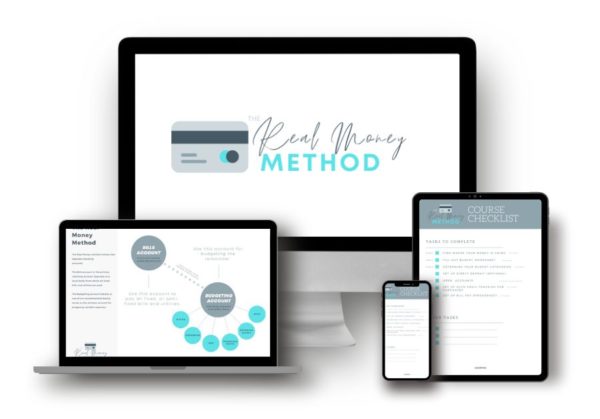
The Real Money Method
No cash envelopes. Real accountability. Learn it in an hour.
This re-imagined approach (we call it UN-budgeting) is so quick you can do it during a Hulu commercial break, so easy your spouse will be on board, and it even works if you’ve always struggled sticking with a budget.
What our students are saying:
“We are now nearing the end of our first full month using your program… We have been able to free up nearly $900 this month, which is quite honestly mind-blowing!”
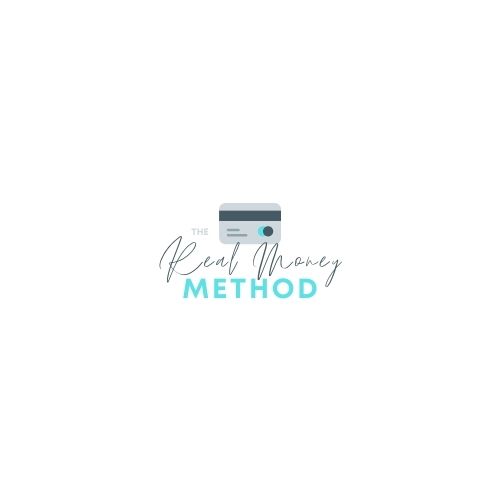
Chrysti B.
“I cut my spending by over $800/month without even feeling it.“
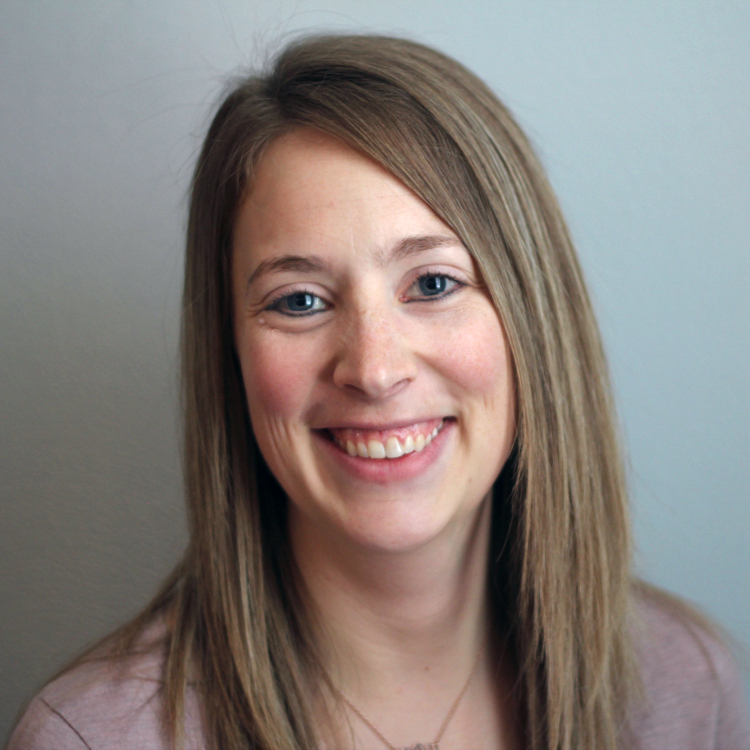
Lauren C.
“We are really enjoying it! …Overall it”s working so much better than YNAB did for us and I love the ease of the capital one app as well.”

Katie M.
“The course is great. Straight and to the point. thank you for introducing the system. It’s genius. I can see it working better than any budgeting concepts I’ve tried in the past.”
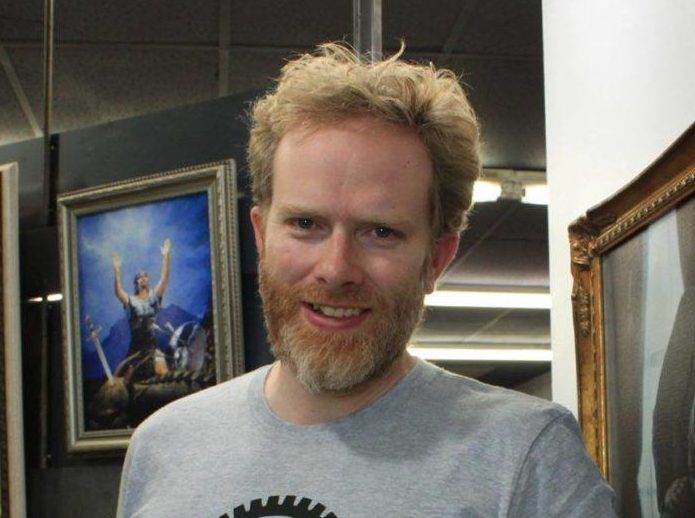
Matthew P.
“Our monthly bottom-line went from about $500 in the red to $1,160 in the black.“

John P.
“You and Linda make it easy without making me feel dumb. I have been budgeting for 21 years but have never had it working like it should and I could never figure out why all the extra money was gone at the end of the month. But now we can see exactly what is going on (unlike before with other software) and as a result there is money leftover each month.”
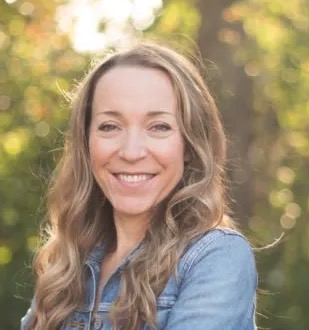
Joanna P.
“I’m loving the Real Money Method. I’ve saved hundreds of dollars and I’ve never felt so in control of my spending.“
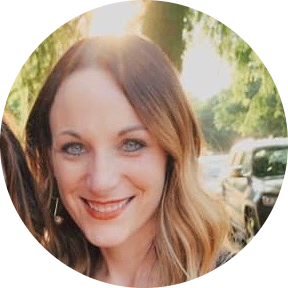
Kayla R.
“I have been able to save about 6 months of living expenses. Trust me when I say this has been SUCH a blessing in these crazy times and I know that it would not have happened without the course.”

Sheri J.
“I decided to go with your budgeting plan…what a difference it”s made! We”ve increased our savings by $16,000 and we”ve been able to save $3,000+ in our HSA account.”
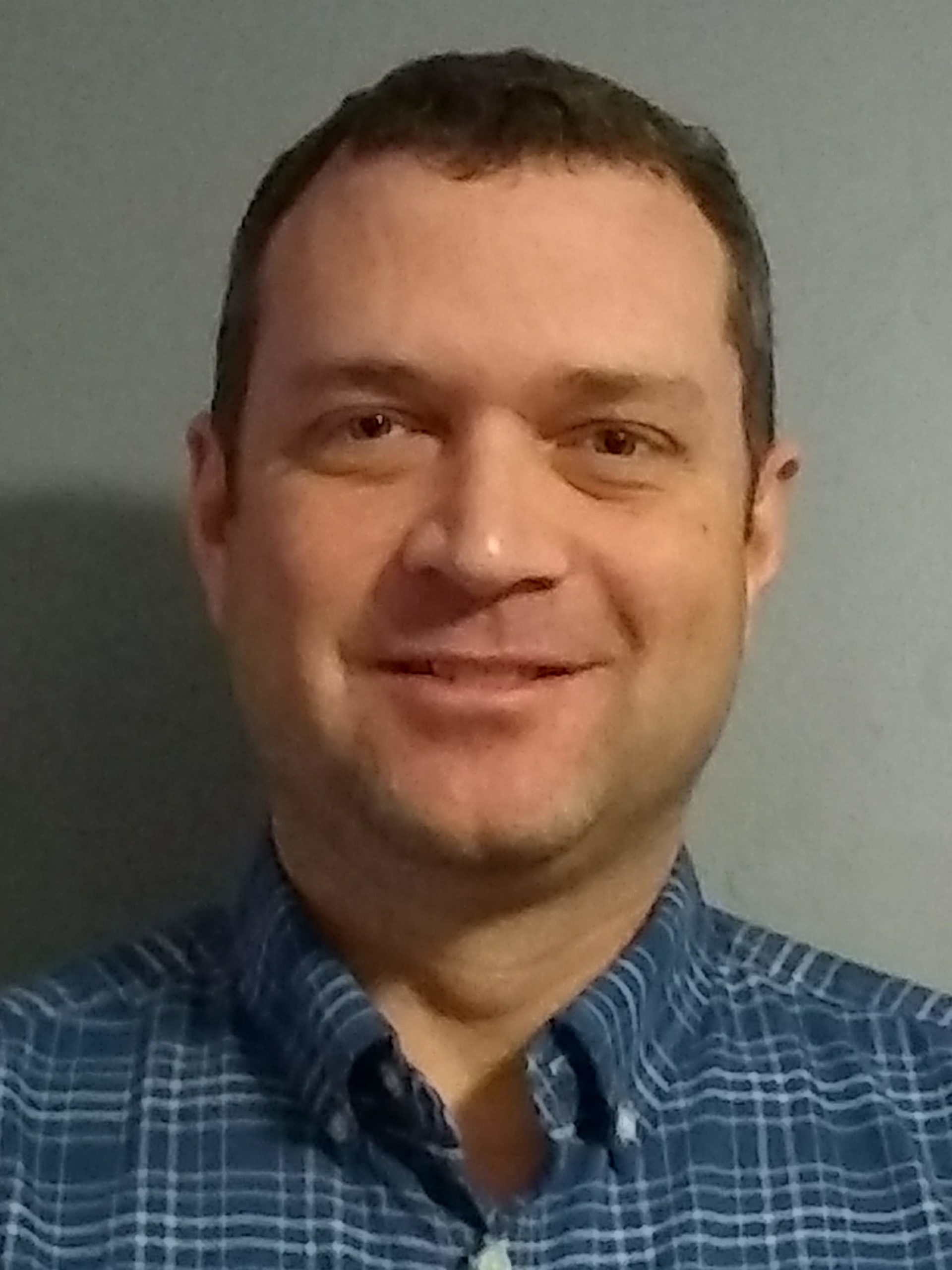
Neal H.